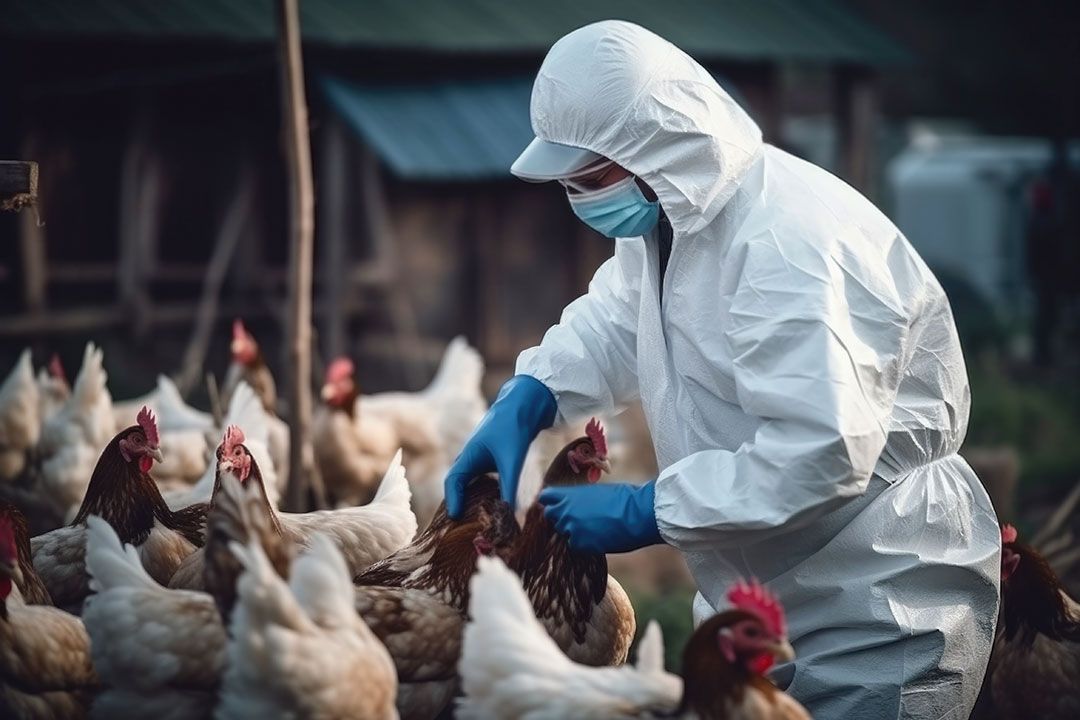COVID-19 is no longer a Public Health Emergency of International Concern. Does this mean the pandemic is over?
The WHO has lifted “PHEIC” status for COVID-19, but insists the disease continues to pose a global threat.
- 5 May 2023
- 5 min read
- by Linda Geddes

COVID-19 will no longer be categorised a Public Health Emergency of International Concern (PHEIC), WHO Director General Dr Tedros Adhanom Ghebreyesus has confirmed. The announcement, on 5 May 2023, marks a turning point in the pandemic: 1,221 days after the WHO first learned of a cluster of cases of pneumonia of unknown origin in Wuhan, China, its health experts no longer consider the world in crisis mode – although COVID-19 remains a global health threat.
Last week COVID-19 claimed a life every three minutes – and that's just the deaths that as we know about. As we speak, thousands of people around the world are fighting for their lives in intensive care units, and millions more continue to live with the debilitating effects of post COVID-19 condition. This virus is here to stay. It is still killing. And it is still changing.”
– Dr Tedros Adhanom Ghebreyesus, WHO Director General
A PHEIC is the strongest global alert the World Health Organization (WHO) can formally make and helps to trigger a set of measures and legally binding obligations that facilitate a coordinated international response. This includes temporary recommendations of health measures that states may introduce to prevent or reduce the international spread of disease.
It is not the same thing as a pandemic – an epidemiological term that describes the global spread of a pathogen – which WHO does not officially declare the start or end of. Rather, WHO declares a PHEIC when an emergency is "serious, sudden, unusual or unexpected", with implications for health beyond the affected state's national borders. Several PHEICs – most recently Mpox – have not related to pandemics, while several sustained global epidemics, such as the 7th cholera pandemic and HIV/AIDS have not been assigned PHEIC status. WHO has previously declared six PHEICs, two of which are still ongoing: polio and mpox.
Have you read?
Speaking to journalists, Dr Tedros said: "Yesterday, the Emergency Committee met for the 15th time and recommended to me that I declare an end to the public health emergency of international concern. I have accepted that advice. It's therefore with great hope that I declare COVID-19 over as a global health emergency.
"However, that does not mean COVID-19 is over as a global health threat. Last week COVID-19 claimed a life every three minutes – and that's just the deaths that as we know about. As we speak, thousands of people around the world are fighting for their lives in intensive care units, and millions more continue to live with the debilitating effects of post COVID-19 condition. This virus is here to stay. It is still killing. And it is still changing."
The WHO's Emergency Committee has met every three months since the PHEIC was declared on 30 January 2020. At its last meeting, the committee acknowledged that the COVID-19 pandemic may be approaching an inflexion point, but decided PHEIC status was still required to maintain global attention to COVID-19. Its lifting is a sign of the progress made in the past year.
Prof Didier Houssin, Chair of the International Health Regulations Emergency Committee on COVID-19 said: It is true that there are many uncertainties, particularly regarding the evolution of the virus. It is true also that there are big gaps in surveillance, reporting and healthcare, particularly in the most vulnerable countries. However, the situation has markedly improved with less mortality and an increased immunity against the virus – immunity which is vaccine-induced, or naturally induced – and a better access to diagnostics, vaccines and treatment."
Despite this progress, Dr Tedros warned that the risk of new variants emerging that could cause new surges in cases continued. "The worst thing any country could do now is to use this news as a reason to let down its guard, to dismantle the systems it has built, or to send the message to its people that COVID-19 is nothing to worry about. What this news means is that it's time for countries to transition from emergency mode, to managing COVID-19 alongside other infectious diseases.
"If need be, I will not hesitate to convene another emergency committee should COVID-19 once again put our world in peril."
Dr Seth Berkley, CEO of Gavi, the Vaccine Alliance, which co-leads COVAX, the global initiative for equitable access to COVID-19 vaccines, said: "After more than three years of this pandemic, the world is ready to move to the next phase. But while today marks a historic milestone, we must also be clear about the need to continue to protect our most vulnerable people, as we do for other deadly but preventable diseases. Around three out of ten older adults in lower-income countries have not yet received two doses [of COVID-19 vaccine], and we know they are among those most likely to become severely ill or die from COVID-19.
"During the pandemic, countries delivered more vaccines than ever before in history. With multiple outbreaks, millions of children missing out on routine vaccinations, and the certainty of future pandemics, the urgent question is – how can we best apply what we have learned to reach more people with lifesaving vaccines than ever before?"









